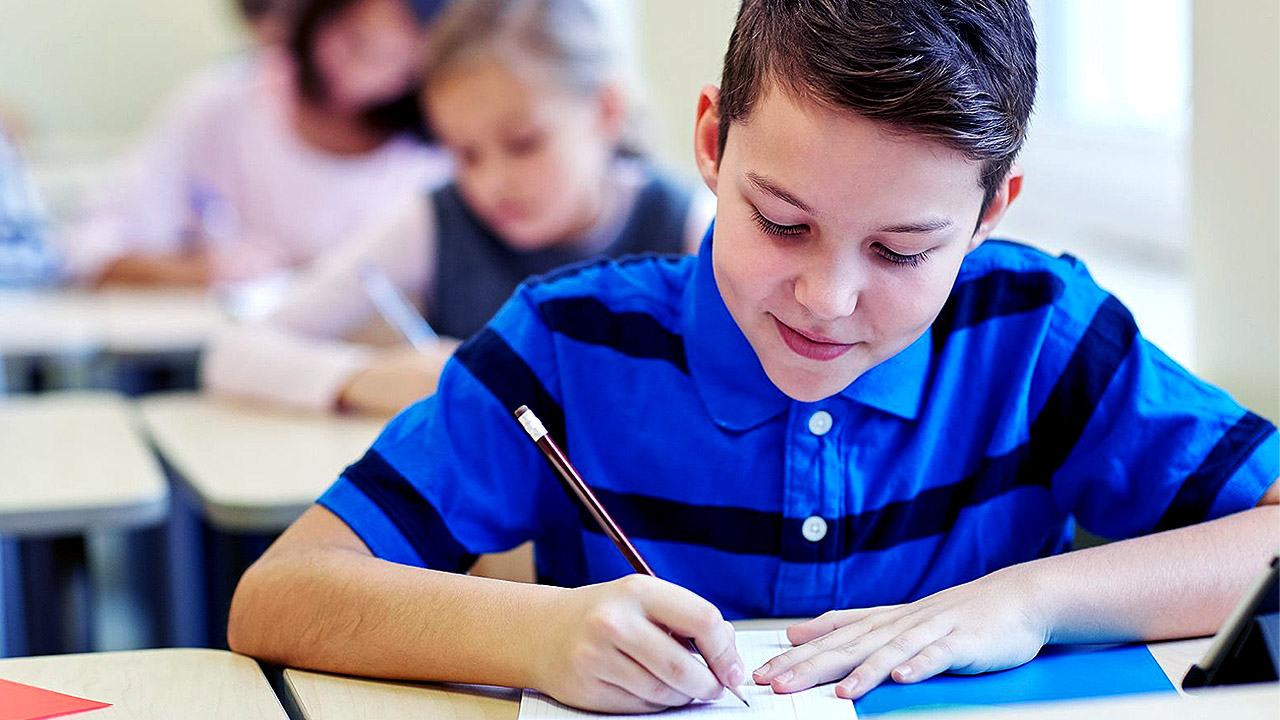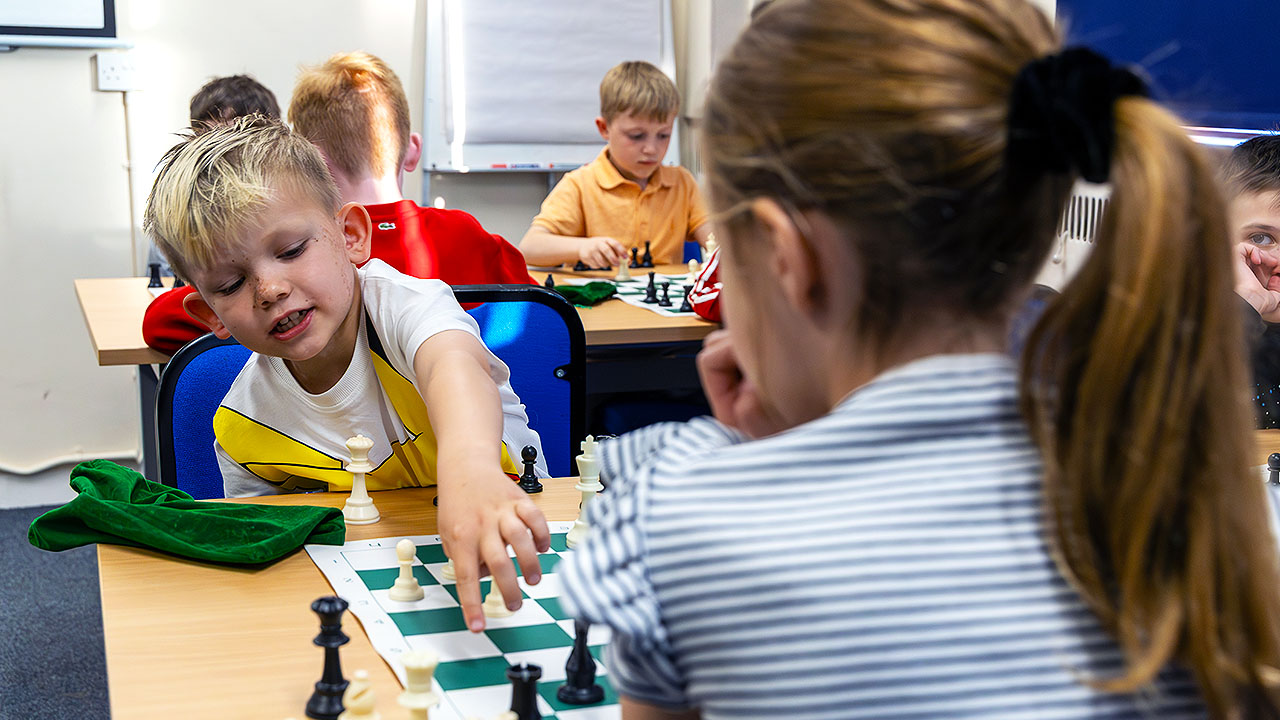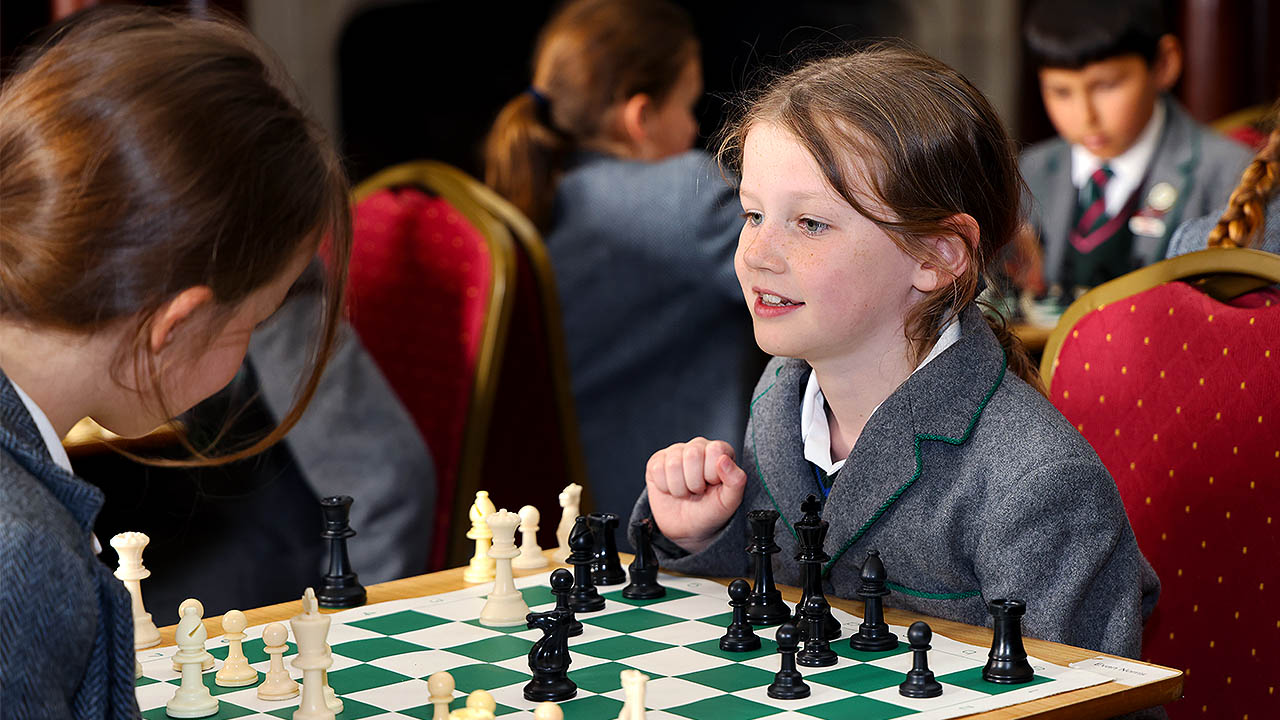Insight
How Chess Prepares Students for Exam Success

When students think about revising for exams, chess might not be the first activity that springs to mind. However, this centuries-old game isn’t just an enjoyable pastime - it’s also a powerful mental workout that can sharpen the very skills needed to succeed under exam conditions.
From improving memory and concentration to boosting problem-solving abilities, chess offers a unique form of brain training that can give students a real academic edge. Here’s how spending time at the chessboard can translate into better exam performance.
Strengthening Cognitive Skills
Chess is a workout for the brain. Regular play develops memory, logical thinking, and pattern recognition. These are the same skills students rely on when revising and answering complex exam questions. The ability to recall information quickly and recognise connections makes a real difference.
Supporting Maths and Problem Solving
Many children struggle with numbers, but chess makes mathematical thinking more approachable. Calculating moves, valuing pieces, and spotting patterns all reflect core maths concepts. Studies show that students who practise chess regularly often achieve higher results in maths assessments, thanks to the way the game encourages structured problem solving.
Boosting English and Communication
Chess also benefits language skills. Explaining strategies, describing positions, and writing about games all encourage clear expression. Activities such as Chess plus English enrichment days help children strengthen storytelling, vocabulary, and reasoning. This builds the confidence they need to tackle essay questions and reading comprehension.
Learning to Stay Calm Under Pressure
Exams are as much about mindset as knowledge. Chess teaches patience, resilience, and the ability to manage setbacks. Losing a game becomes a safe way to practise handling disappointment and adapting strategies. Students who learn these lessons approach exams with greater calm and focus.
Evidence from LearnChess Academy
Our own programmes highlight the connection between chess and academic improvement. In one local school, students who studied chess for a year showed a 150 to 200 percent improvement in their test results compared to their peers. These outcomes reflect the growing recognition of chess as a tool for education.
Conclusion
Chess is not simply a game. It is a proven way to help students think critically, manage pressure, and approach exams with confidence. For schools and parents seeking ways to support academic performance, chess provides a practical and inspiring solution.


